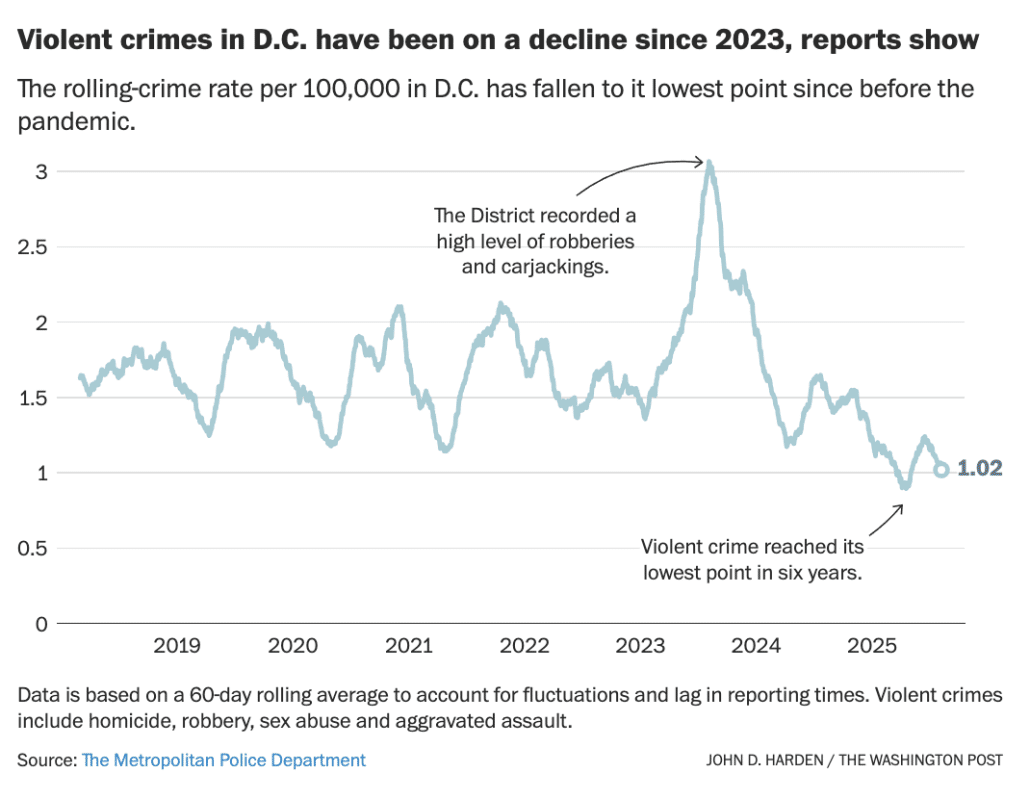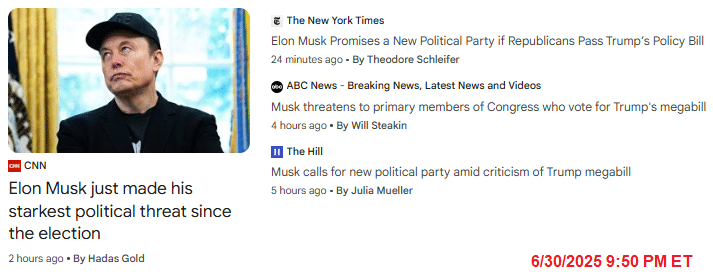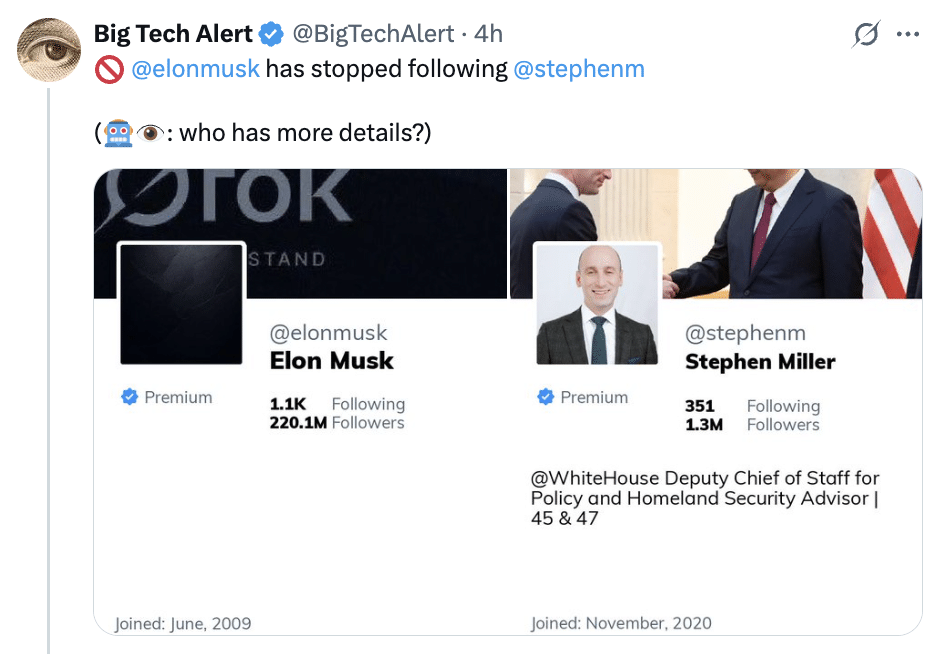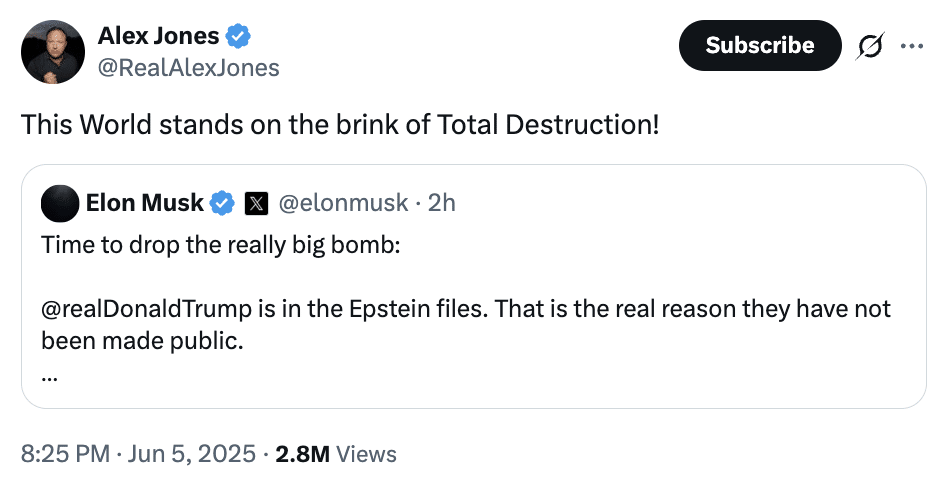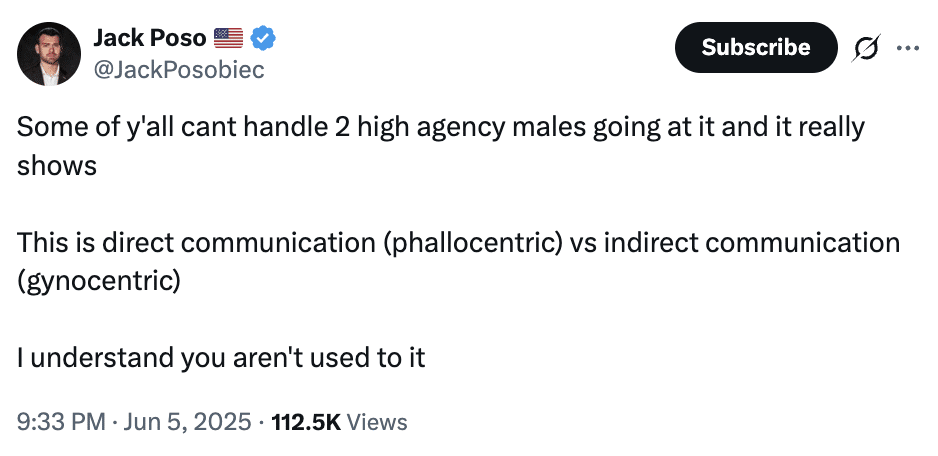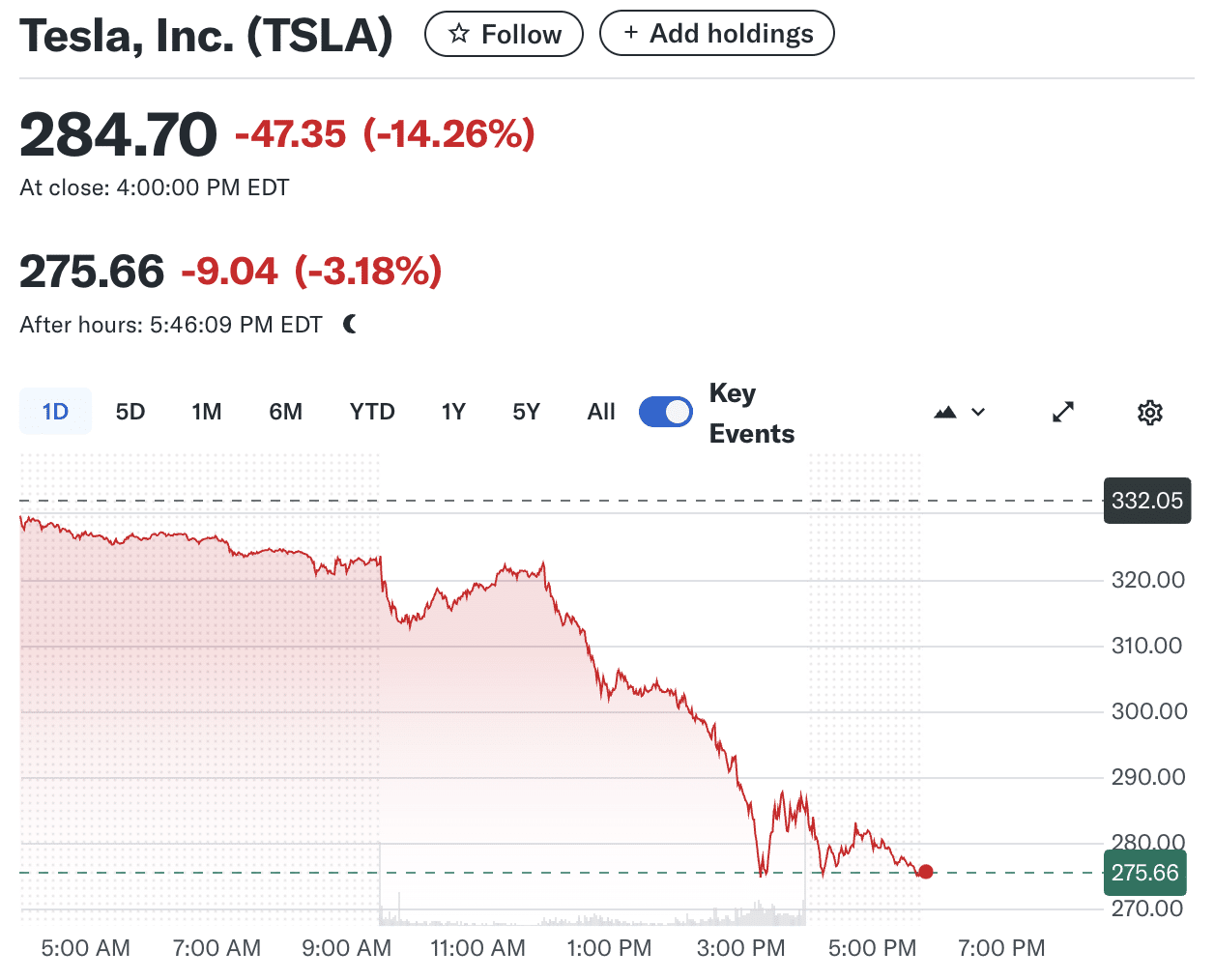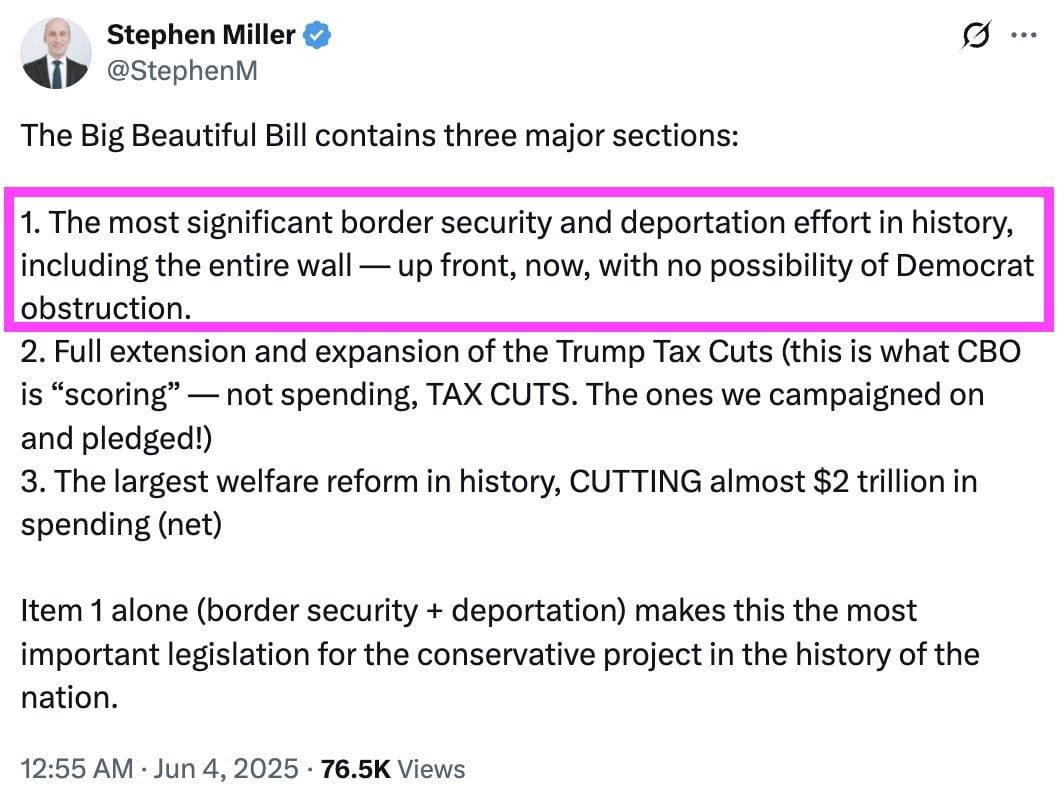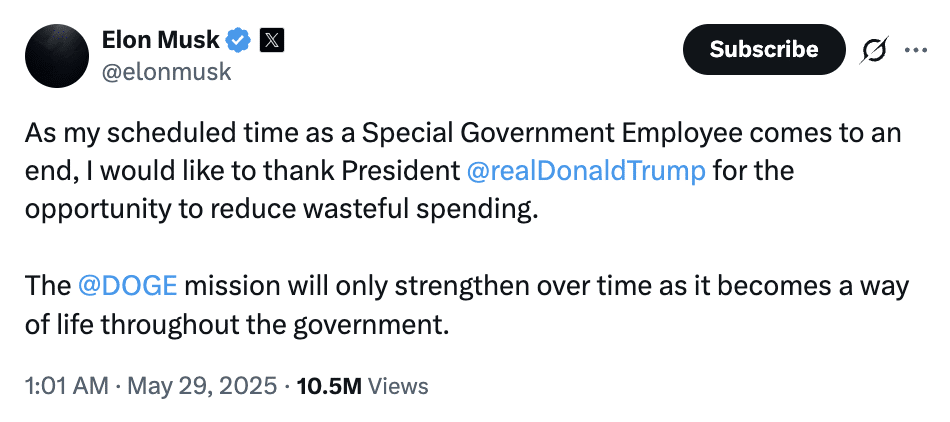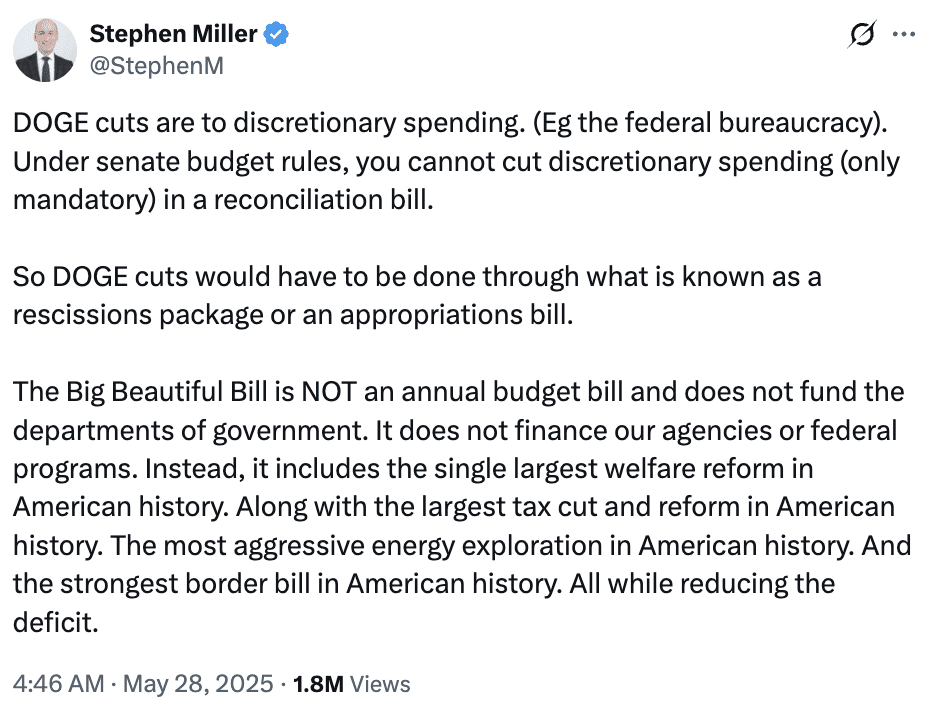When Right Wing Governors Put the Safety of “Big Balls” Over Their Own Constituents
The list of Republican governors who will uproot Guardsmen from their home, family, and (for many of them) regular jobs to go to DC continues to grow:
- Ohio Governor Mike DeWine
- South Carolina Governor Henry McMaster
- West Virginia Governor Patrick Morrisey
- Tennessee Governor Bill Lee
- Mississippi Governor Tate Reeves
- Louisiana Governor Jeff Landry
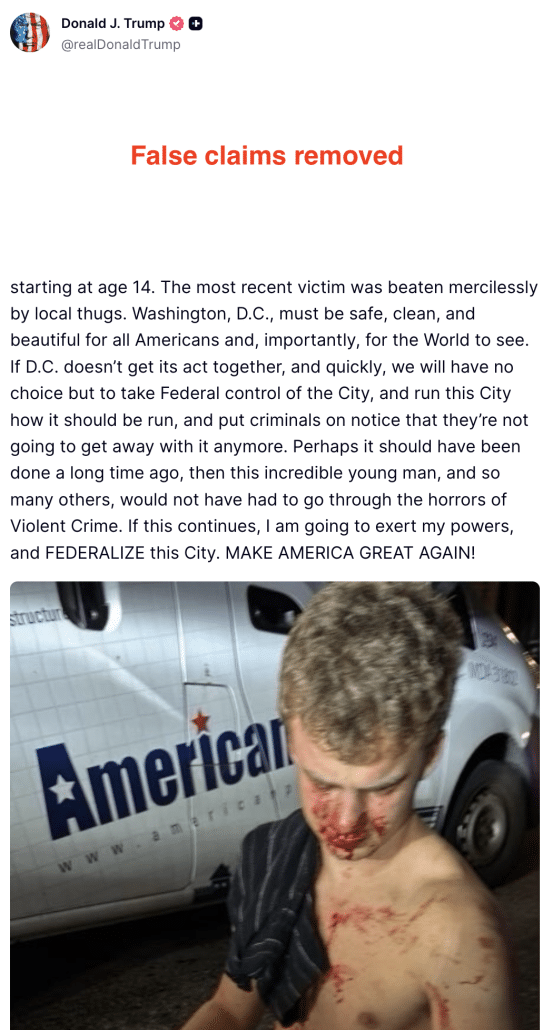 All of these men believe protecting Big Balls is a higher priority than protecting their own constituents.
All of these men believe protecting Big Balls is a higher priority than protecting their own constituents.
How soon we forget that the entire reason why Trump invaded DC is that Ed “Big Balls” Coristine, one of the DOGE boys hired by the richest man in the world to snoop through the private heath and social security data of Americans, got beat up by unarmed teenagers?
Big Balls, whose Daddy runs Lesser Evil snack company, graduated from the elite private school, Rye Country Day. Then, in addition to starting Tesla fan sites, Big Balls worked for a an anti-DDOS company that employed reformed criminal hackers, until he was fired for leaking company secrets.
After that, Elon Musk thought it’d be a good idea to give him access to government data, including at Centers for Medicare & Medicaid Services and, more recently, at Social Security Administration. In spite of the fact that he has neither relevant experience nor a college degree, after DOGE broke up, Big Balls got hired at a GS-15 level, meaning he may make over $150,000 a year.
The DOGE efforts implemented by such inexperienced young men were riddled with problems. At various times, they shut down nuclear weapon protection, Ebola prevention, pediatric cancer treatment. Food sent from American farmers to starving children overseas got incinerated after it was left rotting in warehouses too long. DOGE boys chasing conspiracy theories about Social Security put earned benefits at risk, even purging still-living Americans from the rolls.
All this was purportedly done to hunt waste, fraud, and abuse. But from the start, DOGE made false and often embarrassingly erroneous claims about their savings — even claiming credit for savings made under Joe Biden. Per a recent Politico review, just 4% of the claimed savings were real, a 96% overstatement of their claimed savings.
And so this 19-year old, brought to DC to fiddle with government data, was out past 3AM one night in August. According to stories based on the police report, his girlfriend walked towards her car close to Logan Square, when a group of teenagers demanded the vehicle. They allegedly assaulted Coristine, who suffered a bloody face and a concussion. But cops arrived on the scene during the assault and the perpetrators fled. Two suspects, a 15-year old girl and a 15-year old boy, both unarmed, were arrested that night and have been charged with attempted carjacking.
And this is why the President has taken FBI officers off the crimes which they uniquely hunt — chasing terrorists, spies, and hackers — and had them patrol the streets of DC where they’ve been making DUI arrests.
And this is why six Republican governors are uprooting their own citizens to send to DC.
The claims Trump made about crime in DC to justify all this are false: while violent crime definitely spiked during COVID, it has been falling.
Even Trump’s own appointees agree. Trump’s then US Attorney for DC, Ed Martin, bragged about a 25% drop in crime during the first 100 days of Trump’s term. FBI Director Kash Patel even predicted that the murder rate was on track to be the “lowest in recorded history.”
But the decision by most of these governors — DeWine and McMaster and Lee and Reeves and Landry — to send their state’s National Guard to DC to hunt crime is especially reckless given that, with the exception of West Virginia, all the states have more serious violent crime problems than DC.
The most dangerous city in the US is in Lee’s Tennessee, three are in DeWine’s Ohio, three are in Landry’s Louisiana. Tennessee and Louisiana rank third and fifth worst for violent crime. Jackson, MS was called America’s murder capital last year and Mississippi the state with the highest murder rate (Louisiana was second). And as maps from Phil Bump show, in both Louisiana and South Carolina there are a bunch of places that are more dangerous than DC.
In short, it’s not just that these right wing governors are sending their constituents away from their homes, their families, and often their jobs, but they’re sending their Guard away to a safer place than their own state, all to avenge a privileged kid with criminal hacker ties whom DC cops helped as the crime was happening.
I’m sorry for Big Balls’ plight. I was mugged at knife point — in a Republican-led state — when I was just slightly older than him and it left me shaken. Unlike Big Balls, the cops never found the perpetrators, as far as I know.
But I’m even sorrier for the men and women that are being sent away from home by their governors as a political stunt, when — if Guard patrols really help to address violent crime — they could be addressing the problem closer to home, in their own states. Those men and women have to leave their homes because a kid who hangs out with the richest man in the world got assaulted, not because DC has the kinds of crime that require a six-state invasion to fix.
Update: I forgot to mention that Ashley St. Clair, who bred an Elon Musk child and claims she’s broke, slammed Big Balls in her first podcast “Bad Advice,” episode.
I have it on good authority Big Balls is dining out on this. … This is how empires die, guys, not with foreign invasion, but with government troops to protect the testicular reputation of a guy whose primary skill is shitposting. Rome had bread and circuses. We’ve got medals for getting your ass kicked.
She also coins, “non-committal breeding vessels.” Not at all bitter.


